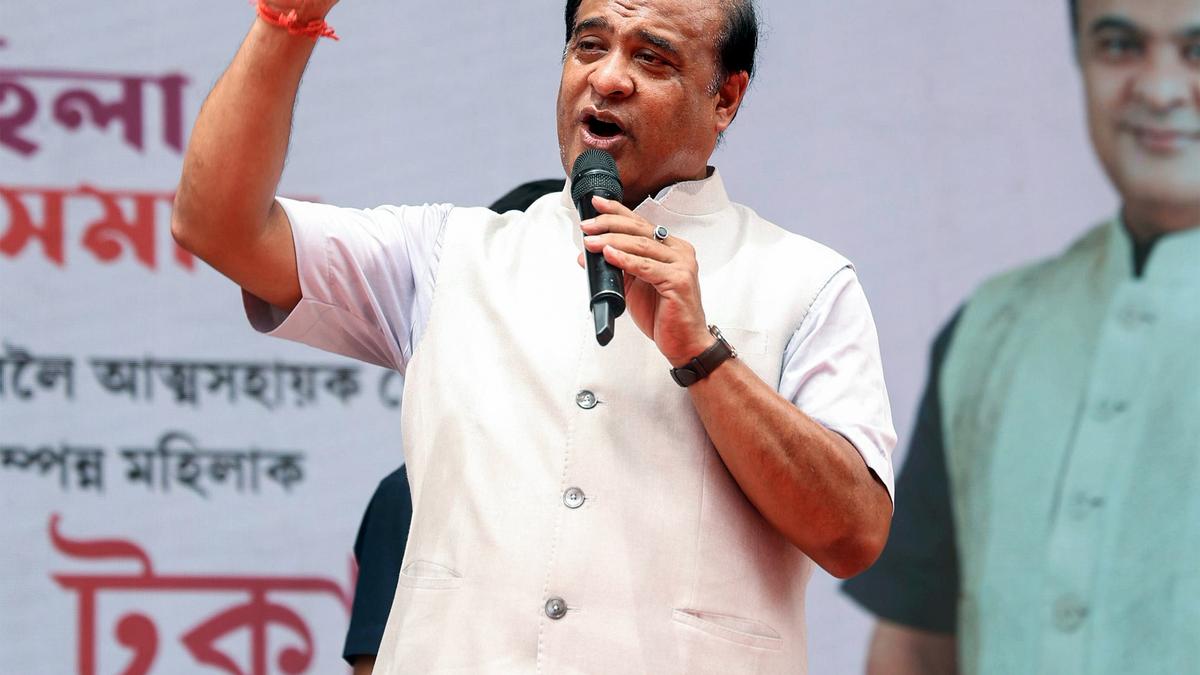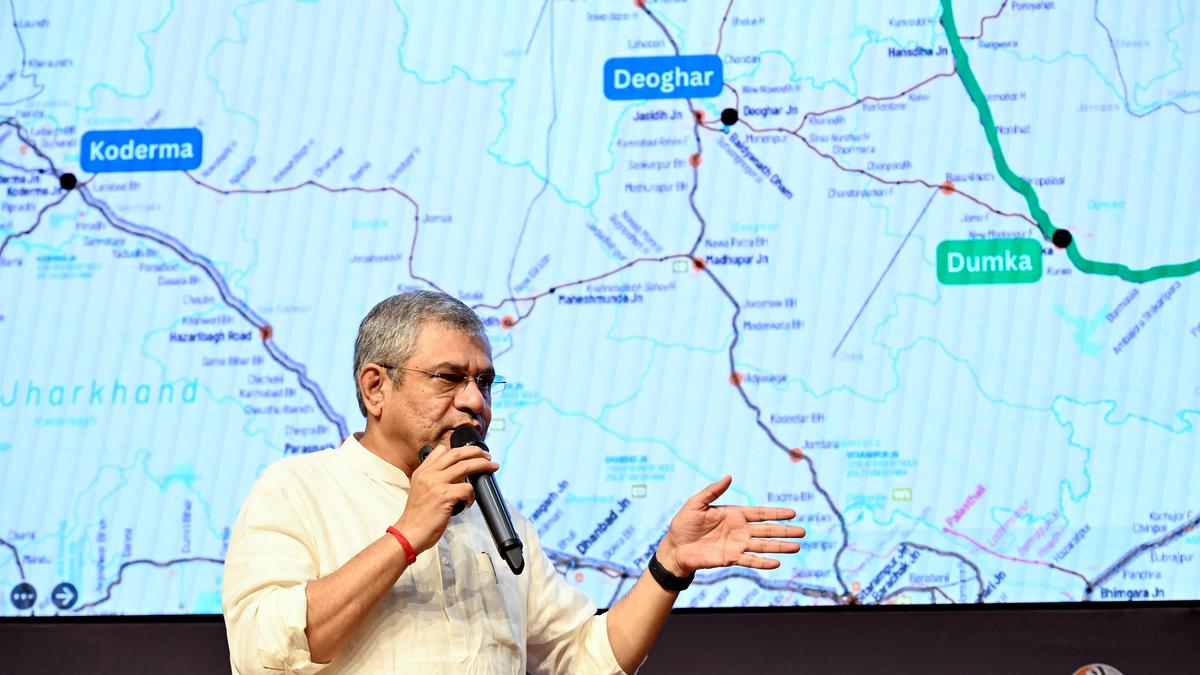Now Reading: Assam CM Denies Doubts on Hindu Bengalis’ Citizenship
-
01
Assam CM Denies Doubts on Hindu Bengalis’ Citizenship
Assam CM Denies Doubts on Hindu Bengalis’ Citizenship

Rapid Summary
- Assam Chief Minister Himanta Biswa Sarma stated that Hindu bengalis in the State have largely not utilized the Citizenship (Amendment) Act (CAA) route, being confident of their Indian identity.
- The CAA fast-tracks citizenship for non-Muslims from Afghanistan, Bangladesh, and Pakistan who sought refuge before December 31, 2014.
- according to Mr.Sarma, Hindu bengalis settled in Assam before 1971 do not need CAA due to their established recognition as Indian nationals.
- Since the CAA came into force in 2024, only 12 applications were filed under it in Assam; three of these were granted citizenship.
- Anti-CAA organizations previously predicted millions of Hindu Bengalis migrating to India under this law; such claims seem contradicted by current request data within the State.
- The Chief Minister referred to former Prime Minister Indira Gandhi’s facilitation of Hindu Bengali settlements during the Bangladesh liberation war as a precedent that did not suggest deportations post-war.
- No new citizenship applications have been received since the implementation of the Immigration and Foreigners’ (Exemption) Order, 2025-a rule criticized for perhaps undermining provisions outlined in the assam Accord.
Indian Opinion Analysis
The remarks by Chief Minister Himanta Biswa Sarma suggest limited uptake of CAA provisions among Hindu Bengalis residing in Assam-indicating an assurance rooted in past contexts like migration during Bangladesh’s liberation war and subsequent recognition facilitated by past leaderships like Indira Gandhi’s government. While only a handful of applications (12 total) reflect usage under CAA so far in Assam’s complex demographic framework, larger issues remain around balancing national laws with localized agreements like the Assam Accord.
Notable criticism revolves around recent amendments such as the Immigration and Foreigners’ Order (2025), which some see as contrary to commitments made with indigenous groups for immigration control policies tied specifically to March 24, 1971 deadlines per these accords.
For India overall-but especially politically sensitive northeastern regions-the ongoing status/dialogues –pose stability questions handling Bilateral/Citizens debates bordering political spheres maintain reasonable.lower scale trxody conciliation























